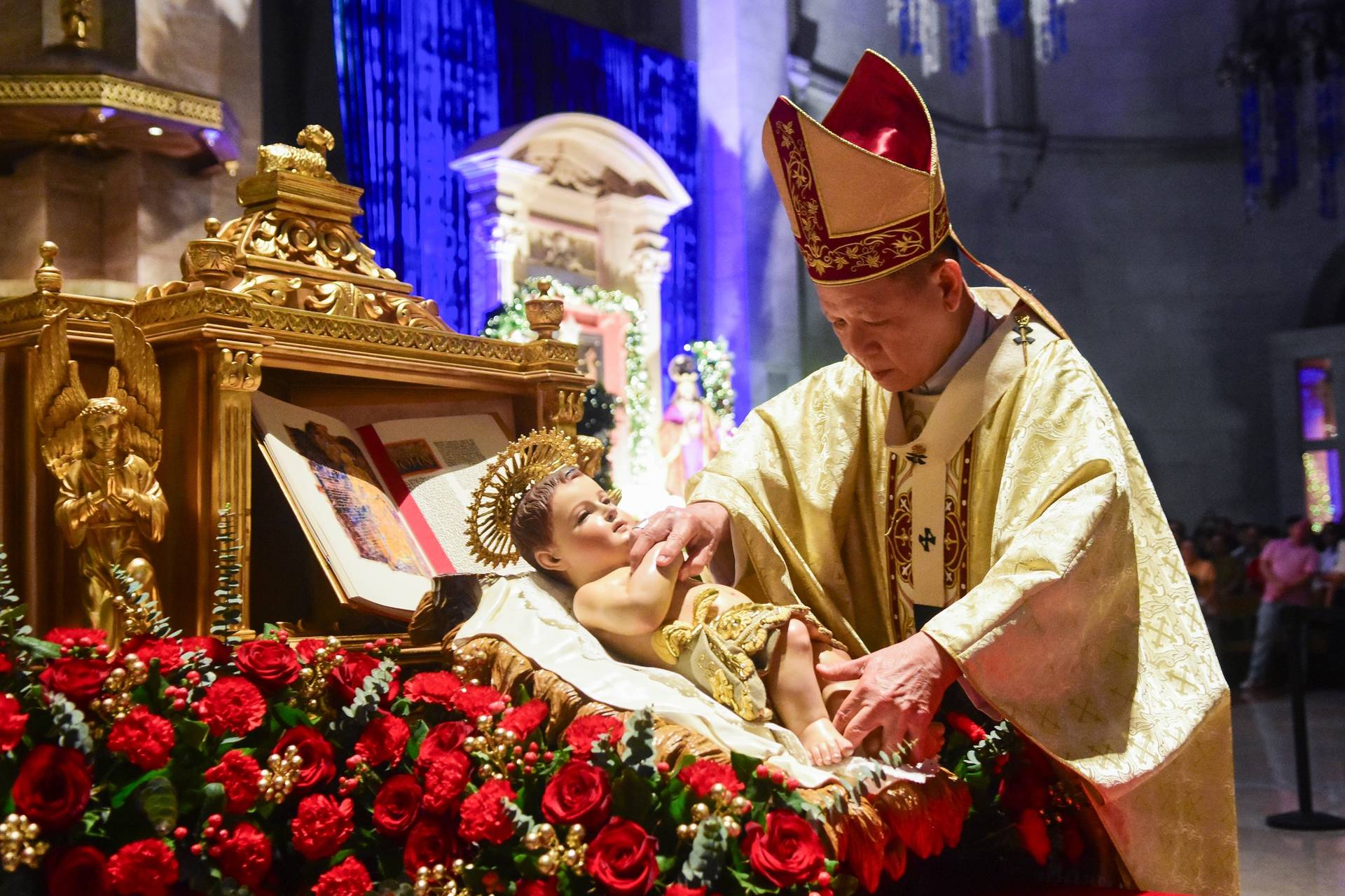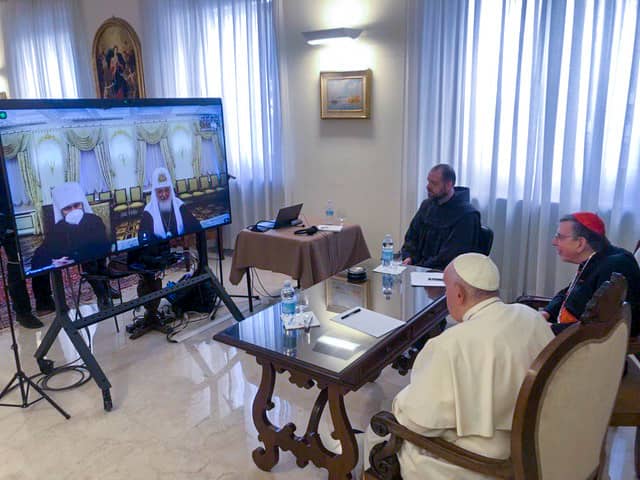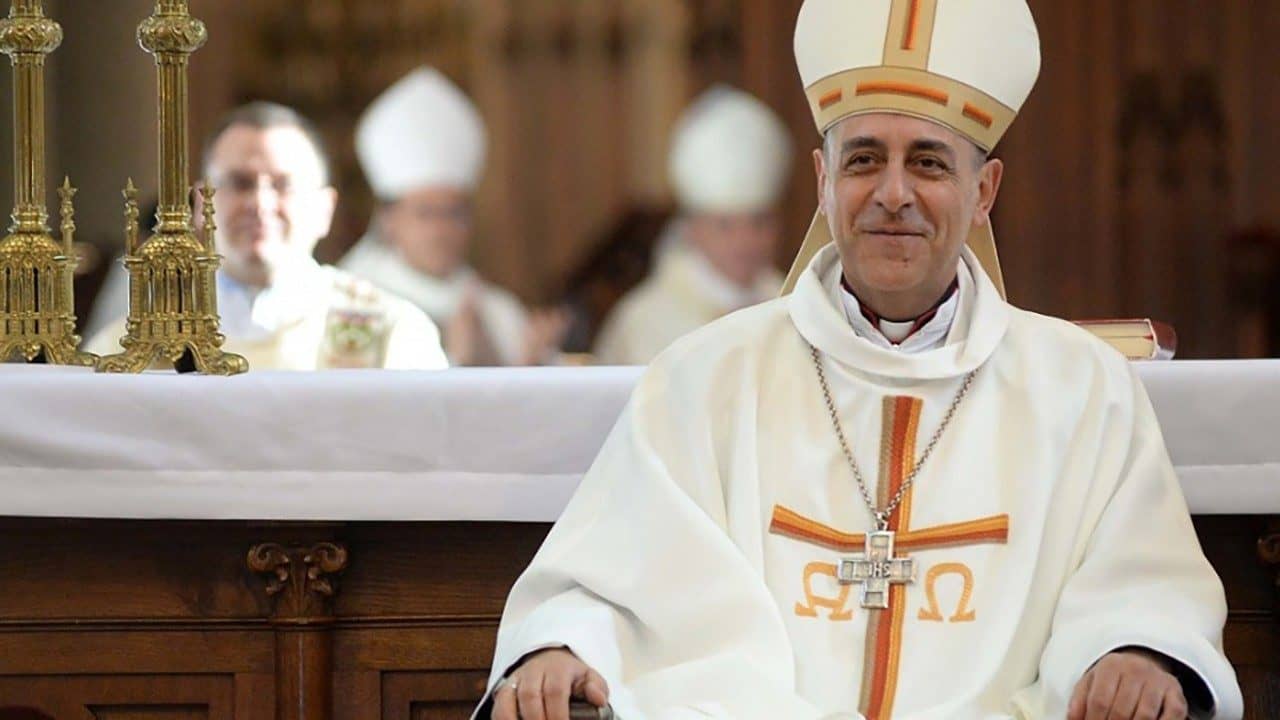For anyone who knows Cardinal Joseph Zen, the 86-year-old “Lion in Winter” of Chinese Catholicism, it will be no surprise that he recently took to Facebook to accuse the Vatican of “selling out” the Church in China by reportedly asking for the resignations of two underground bishops in order to make way for government-appointed candidates.
Zen has a long history of advocating for a harder line from Rome on China’s Communist authorities and their efforts to exercise control over the Church, especially in the selection of bishops.
Equally, it should be no surprise that Zen once again has something to be concerned about. The Vatican has its own long history of trying to accommodate Beijing, in an effort to clear the way for establishing diplomatic relations and creating a more stable legal framework for the life of the Church in China.
The debate has always been over how far Rome ought to go in trying to achieve that aim, and at what point compromise becomes appeasement. It has special resonance because we’re talking, in part, about the legacy of martyrs in China who’ve paid the ultimate price for their fidelity to the pope.
Before proceeding, here’s a necessary caveat: Most probably, nothing happening right now is going to affect the prospects of that long-awaited deal between Rome and Beijing very much one way or the other.
For the last quarter-century or so, there’s been a well-recognized dynamic in Sino-Vatican relations that goes like this:
- Some apparent thaw – a positive notice about the pope in the Chinese press, or a bishop released from prison – will cause breathless predictions of a breakthrough, sometimes featuring learned forecasts in The Economist or other prestigious venues.
- Soon after, there will be a step back – a church is bulldozed someplace, or a priest gets arrested, or the Chinese are irked by something a Vatican official says – and progress seems to stall.
- Six months later, we’re back where we started.
The truth is that the main impediment to a deal has never been on the Vatican side, which is eager to move forward. Among China’s ruling elite, however, there’s a longstanding split between moderates who like the idea of closer ties with the leading spiritual symbol of the West, and ideological hard-liners who fear foreign influence (and who tend to dominate China’s State Administration for Religious Affairs.)
Until that calculus changes, it’s hard to see an escape route from the dynamic described above.
Looking at all this play out, many observers may be confused as to why the Vatican seems to care so much about a deal with Beijing, to the extent that it’s willing to face the predictable irritation of some of its own field generals to try to make peace.
There are at least four major factors at work.
First, there’s the root fact that there are Catholics in China – somewhere between 10 and 15 million, according to most estimates, though no one knows for sure due to the difficulties of doing reliable religious surveys. Although those Catholics generally don’t suffer outright physical persecution, they do experience chronic harassment and restrictions on religious life, and a sort of enduring second-class citizenship.
Clearly, the Vatican would like to do whatever it can to improve their situation.
Second, there’s also a diplomatic drive as well as a pastoral one. The Vatican has its own diplomatic corps, aspiring to be a voice of conscience on the global stage – never more so than in the Pope Francis era, when, from immigration and climate change to nuclear disarmament and the dangers of “ideological colonization,” the Vatican is active on a wide range of fronts.
To state the obvious, China is already among a handful of truly titanic players on the global stage, and that’s only going to become ever more so as its political, economic and military capabilities expand. As a result, the Vatican understands that if you’re not talking directly to Beijing, you’re basically out of the loop.
Third, there’s a deep romance about China nurtured over centuries in the Catholic psyche, associated with legendary figures such as Matteo Ricci and St. Francis Xavier. There’s also a nagging historical sense that the Church sort of blew it with the Chinese Rites controversy in the 17th and 18th centuries, when internal rivalries among Jesuits and Dominicans impeded efforts to give a Christian significance to certain traditional Chinese religious rites and imperial practices, and thus got in the way of developing a Church that’s “truly Catholic and truly Chinese.”
Ever since, there’s been a longing for another bite at the apple, and the Vatican believes that a formal deal with Beijing would help make that possible. (That’s a personal point for Francis, who once dreamed of being a Jesuit missionary in China himself.)
Fourth, the Vatican also understands that China is rich with missionary potential, though it sometimes seems to struggle to know what to do about it.
Many experts regard China as the world’s last truly competitive spiritual marketplace. No matter what happens, Christianity in some form almost certainly will remain the majority faith in Europe and North America, Hinduism will be the majority in India, Islam the majority in the Middle East, and Africa will be divided between Islam and Christianity with significant pockets of indigenous religious practice.
In China, however, things seem more up for grabs. Confucianism is an ethical code more than a religion, and seventy years of official atheism have more or less fallen by the wayside in favor of palpable spiritual hunger.
Yet while Catholicism has done little more than keep pace with overall population growth in China over the last seventy years, Protestant Christianity, especially Evangelical and Pentecostal Protestantism, has exploded. From less than one million followers at the time of the last census that included religion in 1949, Protestantism today is believed to number somewhere between 60 and 100 million followers, putting China on a path to be the “most Christian nation in the world,” at least in terms of raw numbers, somewhere in the middle of the 21st century.
The Vatican appears to believe the prudent course is to carve out a stable legal framework before encouraging dramatic expansion in missionary efforts – but it also has to understand that, to some extent, the clock is ticking before it’s too late.
All those realities, and more, undoubtedly help account for the Vatican’s sense of urgency on détente.
What they don’t answer, however, is whether Rome’s long-term strategy of gradually phasing out the illegal underground church, while simultaneously pushing for greater freedom for the state-recognized church, will work.
On that score, opinion still seems fairly divided – just ask Cardinal Zen.

















